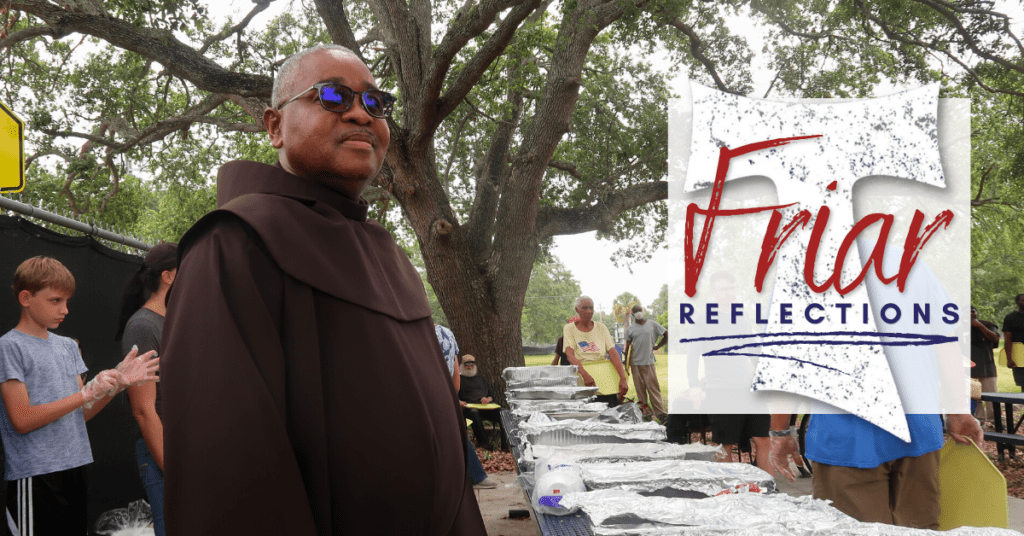
Dear parishioners,
The Catholic Church has a history of social teaching that goes back centuries and provides a compelling challenge for living responsibly and building a just society. Modern Catholic Social Teaching, rooted in Scripture and articulated through a tradition of written documents, has evolved over time in response to the challenges of the day.

It is said that Catholic social teaching originated in 1891 with the encyclical letter “Rerum Novarum.” Since then, a wealth of teaching continues to bring to life the Scriptures and shape the Church’s response to our modern world. It is from the Catholic social teaching documents the encyclicals we get theses seven core principles.
The first is dignity; that God created every human person in his image and likeness. This gift we share as fellow human beings. We are all loved by God. Every one of us is unique and beautiful and God is present in each one of us human beings, regardless of religion, culture, nationality, orientation of economic standing.
The second is solidarity. Solidarity arises when we remember that we are our brother’s and sister’s keeper. Solidarity happens when we stand with those living in poverty. In our interconnectedness, we are invited to build relationships—to understand what life is like for others who are different from us.
The third principle is community and participation. We are encouraged to stand side by side with others, especially those living in poverty. We should help whenever and however we can, thinking both about our local and global neighbors.

The fourth principle is one of preference, in option for the poor. Jesus’ words come alive when He says “you will always have the poor among you.” This principle is a moral test of how our most vulnerable members are faring. Our tradition instructs us to put the needs of poor and vulnerable people first. This option reminds us of God’s love for the poorest and most vulnerable people. God is love, and His love is universal. He does not side with oppressors, but loves the humble.
Our next principle is Peace. The Catholic tradition teaches that human dignity can be protected and a healthy community can be achieved only if human rights are protected and responsibilities are met. Today, our world is still in need of peace. In the Ukraine, as an example, thousands have died following the Russian invasion. The conflict has destroyed tens of thousands of homes and have displaced millions of residents of the Ukraine. We pray peace be restored.
We show our respect for the Creator by our stewardship of the principle of creation. Pope Francis has invited everyone on earth to consider how our actions and behaviors actions are the earth and the poorest among us.

Finally, Catholic social teaching has long upheld the dignity of work. The well-being of the human person should always come before the pursuit of profit. The worker should always have a just wage, spend time with their family and rest. Everyone should be given a chance to work and participate.
John 13:35 is one of my favorites. “By this everyone will know that you are my disciples, if you love another.” I believe this sums up Catholic social teaching in a nutshell.
Peace and all good,
Friar Henry




